Hello! How are you guys? Welcome to the Life of a Pet. Today I will be talking about "pregnant cat behavior before birth". Bringing a new life into the world is a remarkable experience, whether for humans or our fellow humans. If you have a pregnant cat in your home, you're probably wondering about the signs and behaviors she'll exhibit before giving birth.
Cats like humans go through various changes during pregnancy and exhibit certain behaviors that indicate the impending arrival of their beloved kittens.
In this piece, I'll delve into the fascinating world of prenatal feline behavior to help you better understand.
what to anticipate and how to care for your furry friend Pregnancy is a transformational journey for any living creature and cats are no exception Understanding your pregnant cats' behavior can help you provide the necessary care and comfort during this critical time.
The Phases of Cat Pregnancy
A cat's pregnancy usually lasts 63 to 65 days, divided into three stages: early, middle, and late. Each stage brings its own set of behavioral changes. As I will write today in detail.
Nesting Instinct: Creating a Cozy Den
As your cat's due date approaches, you may notice her engaging in nesting behavior. Find a quiet and secluded place where your cat will be undisturbed to give birth to her kittens in peace.
Changes in Appetite and Eating Habits
Pregnant cats may experience changes in appetite. Some may overeat, while others may have less appetite. It is imperative that you provide a balanced diet to support her and her growing kittens. If you do not, it can adversely affect your cat's and her kittens' health. So that's what I'd like to say. To take care of this thing.
Increased Affection and Seeking Comfort
Many pregnant cats become more affectionate than usual. They seek comfort and can bond with their owners, enjoying gentle strokes and cuddles. So you should be able to tell from their movements what is happening to the cat and why these movements are happening.
Restlessness and Irritability
As your cat's body prepares for labor, restlessness, and irritability are often side effects. She may self-soothe, show signs of distress, and struggle to settle. So you don't have to be alarmed by her behavior.
Physical Changes: Enlarged Mammary Glands and Nipple Darkening
As the pregnancy progresses, you may notice that your cat's mammary glands are getting bigger. And her nipples are turning black. This is a sign that her body is getting ready for nursing. Well, there are many signs and this is one of them.
Drop in Body Temperature
Your cat's body temperature may slightly decrease one or two days prior to delivery. This might indicate that labor is about to start.
Mucus Plug Discharge
During the late stages of pregnancy, your cat might expel a mucus plug. This is a gelatinous discharge that can indicate labor will start soon.
Decreased Activity Level
In the days leading up to birth, your cat's activity level may decrease. She might become more reserved and spend more time resting.
Vocalization and Communication
Some cats make more vocalizations when the time of delivery approaches. Meowing, purring, and even some crying may become more frequent. You don't need to panic because it's a mango.
Pacing and Digging
Pregnant cats may exhibit pacing behavior, often combined with digging. This is a natural behavior related to finding a suitable place to give birth. I would recommend that you create a place in your home for the cats to have a place with mud etc. that can help them cat to play.
Isolation and Hiding
As parturition approaches, your cat may seek solitude and choose a quiet, secluded spot to give birth. This is another aspect of her nesting instinct. If you don't have a secluded area in your home, create a secluded area that your cat can use at birth. Leave.
Anxiety and Agitation
Just like humans, cats can experience anxiety and agitation before giving birth. Creating a calm environment is very important to help reduce stress You are the only one who can create this environment for your beloved cat. It is important to make this environment or your cat may become more anxious. So take care of it.
The Final Hours: Labor Signs and Birthing Process
In the last hours before birth, your cat may show more obvious signs of labor, such as panting, contractions, and rupture of the amniotic sac. If so, you should take it to an outside doctor.
Conclusion
Observing your pregnant cat's behavior before birth can be both exciting and heartwarming. By understanding his needs and instincts, you can provide him with the support and care he needs during this important phase of his life.
Let me tell you that you should take your cat to the vet about 3-4 times a month. It should be taken for a check-up, which will not affect the cat's health and you will not be worried.
FAQs
Q1: How long does cat pregnancy usually last?
A1: Cat pregnancy typically lasts around 63 to 65 days.
Q2: Will my cat's appetite change during pregnancy?
A2: Yes, some cats might experience changes in appetite, either eating more or less than usual.
Q3: When will my cat start nesting?
A3: Cats usually start nesting behavior as their due date approaches, seeking a quiet spot to give birth.
Q4: Should I be concerned if my cat becomes more vocal?
A4: Increased vocalization can be normal as labor approaches, but if you're worried, consult your veterinarian.
Q5: How can I create a comfortable birthing environment for my cat?
A5: Set up a quiet, warm, and secluded space with blankets or towels for her to give birth comfortably.


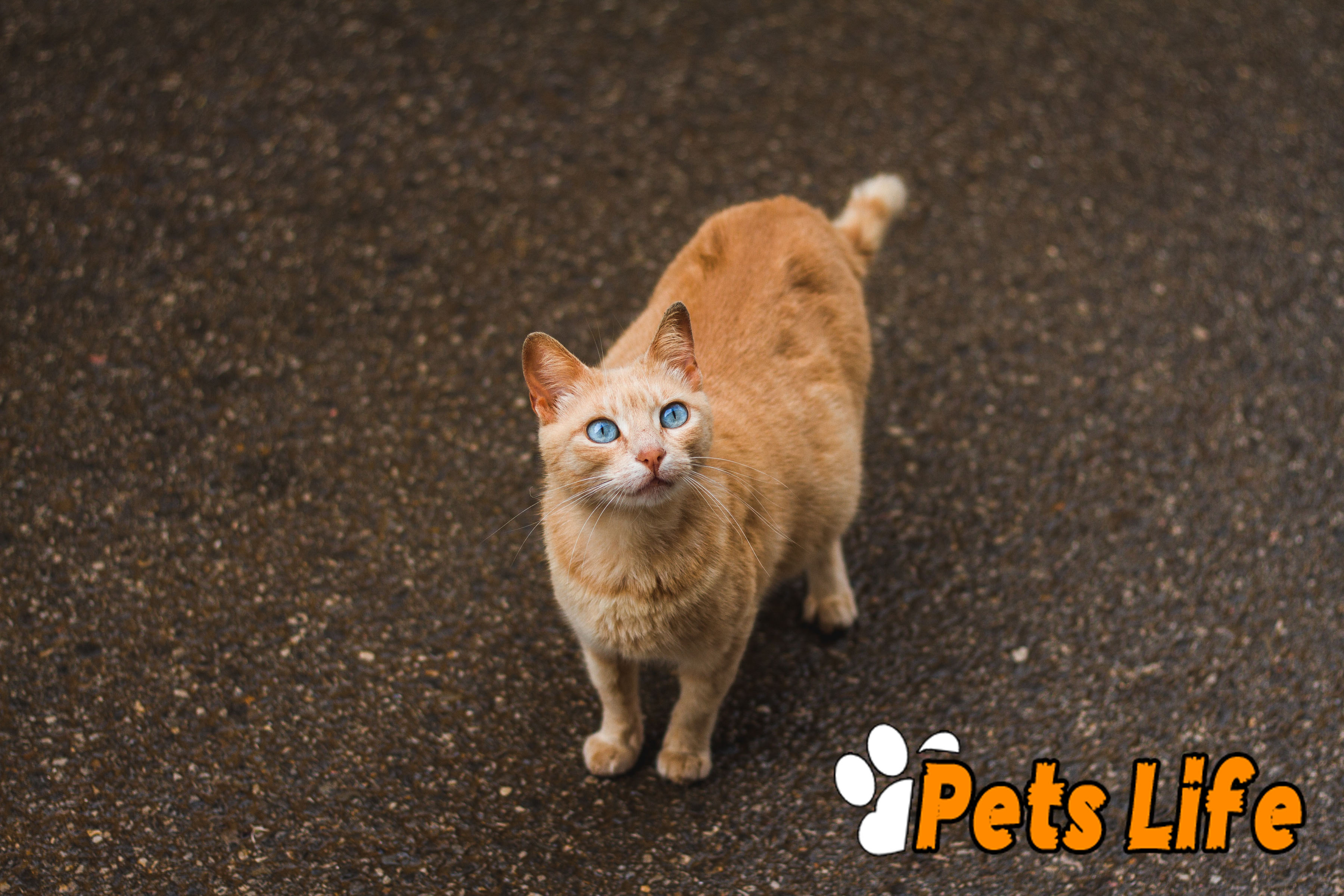
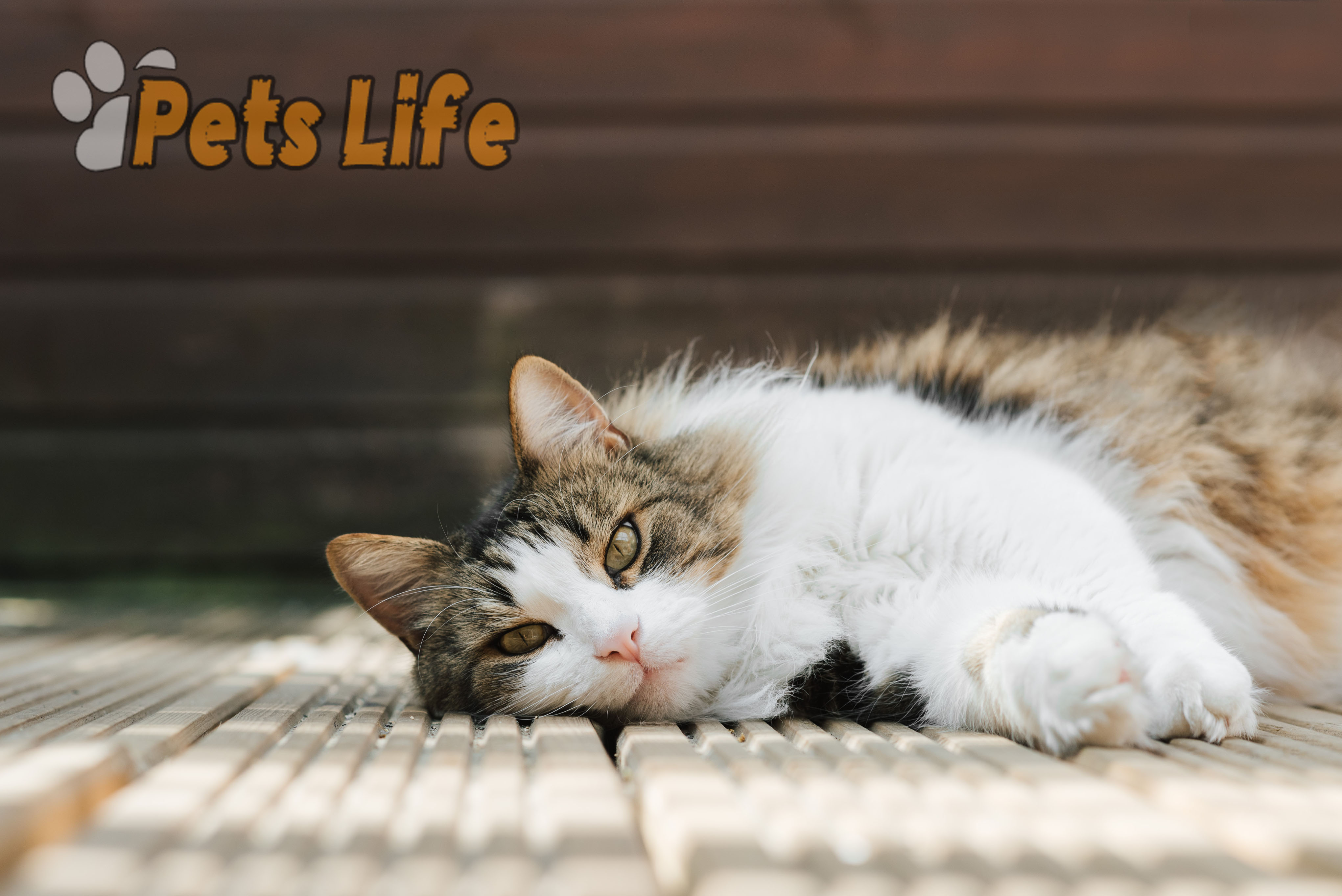
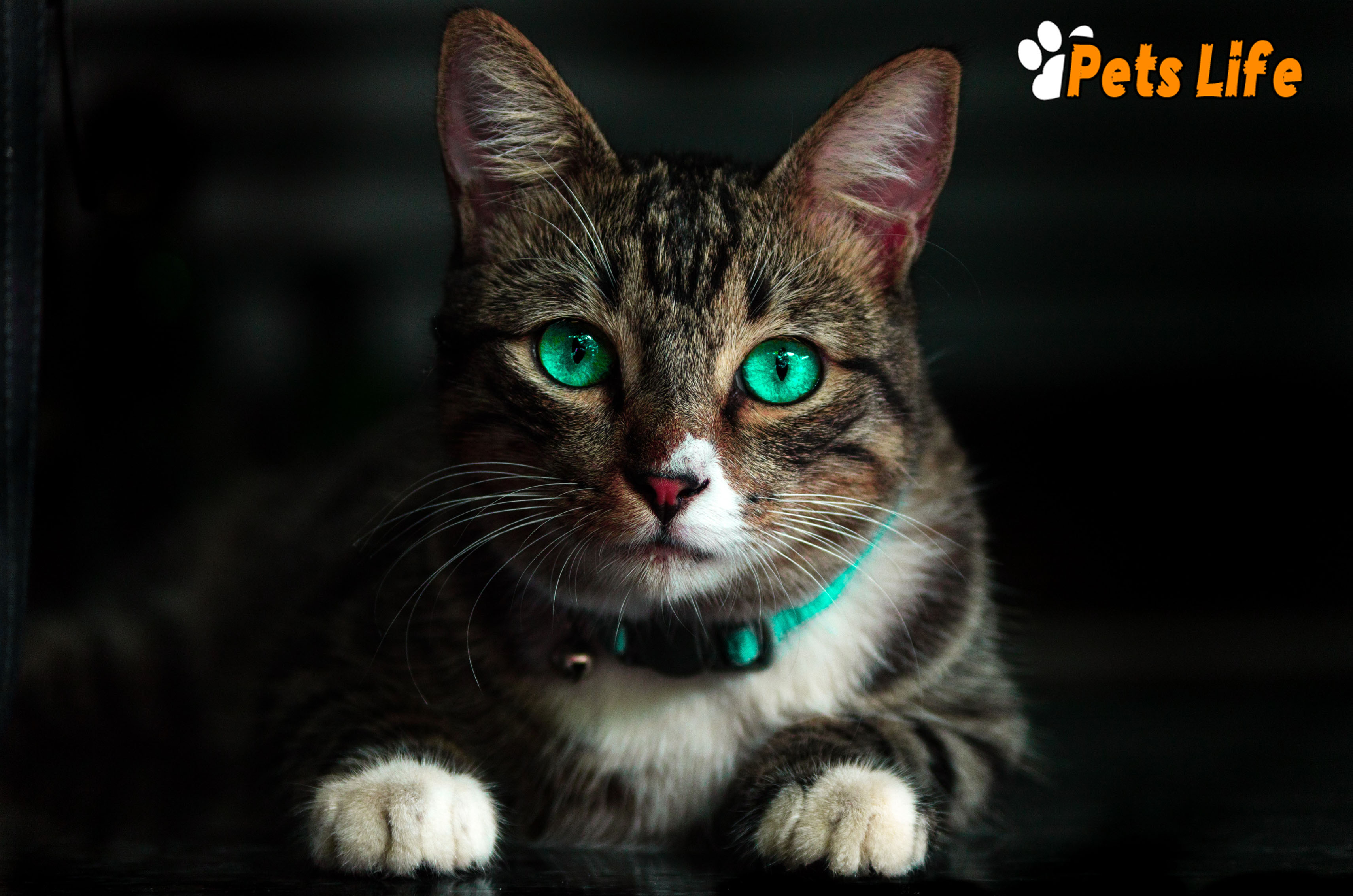
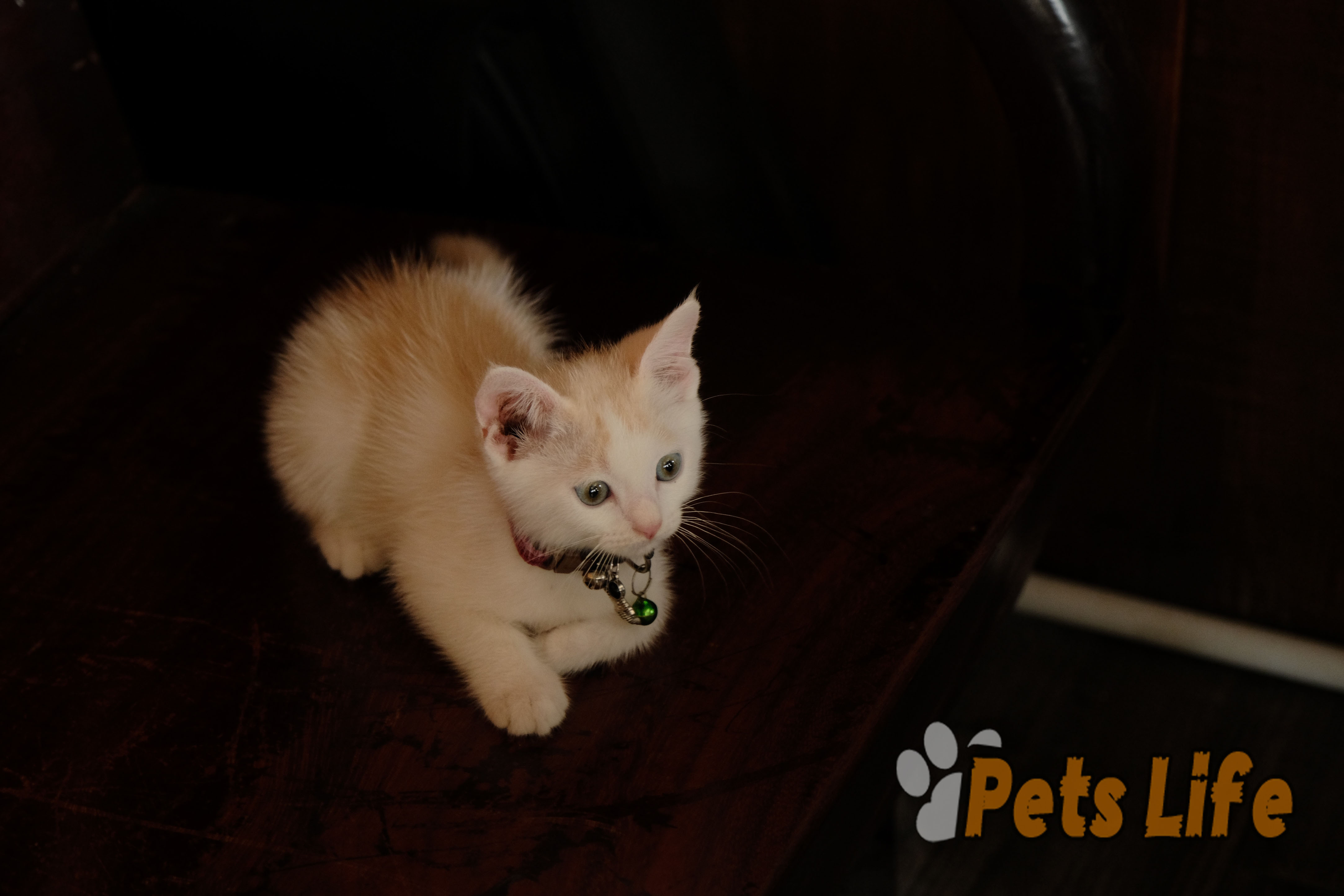
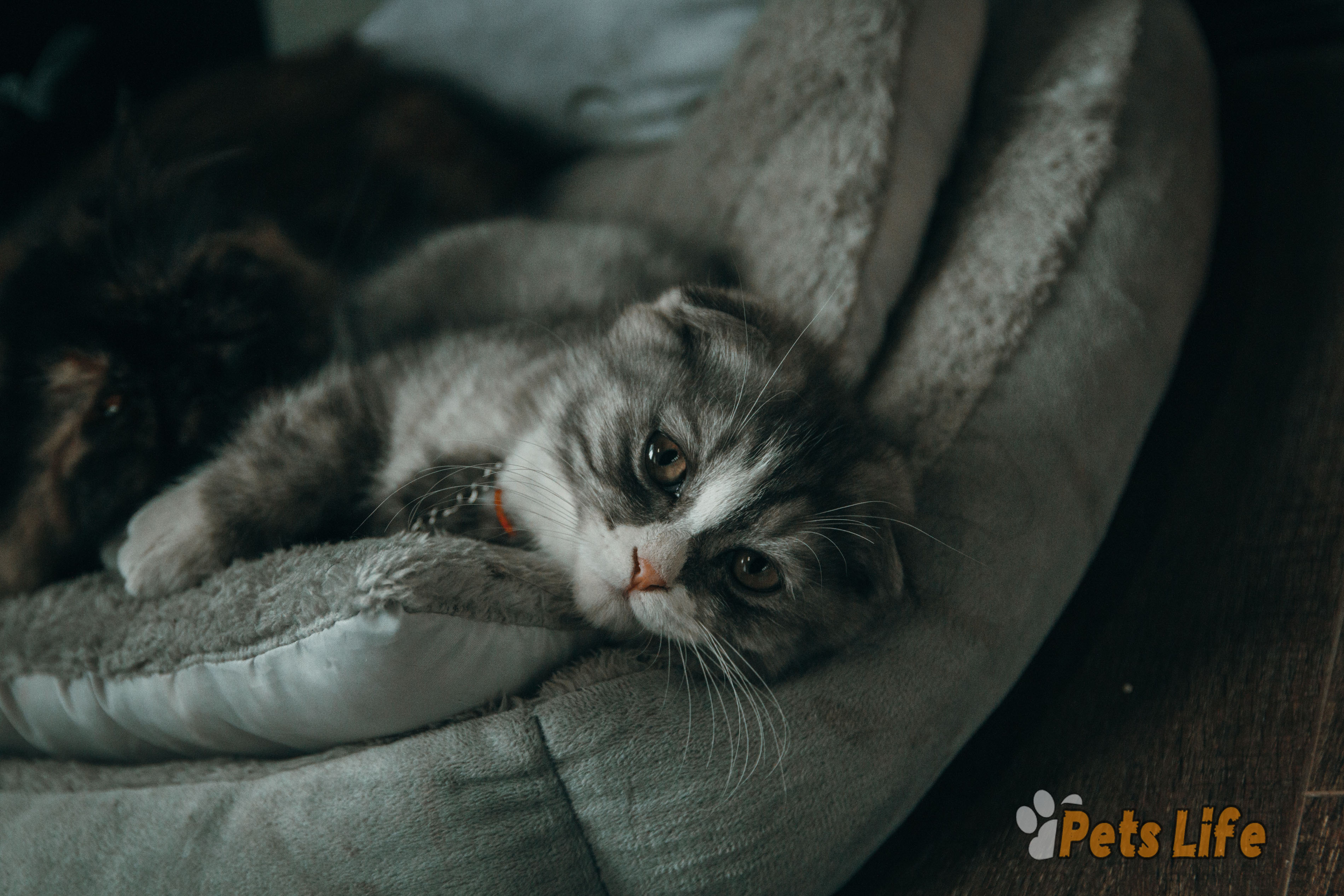
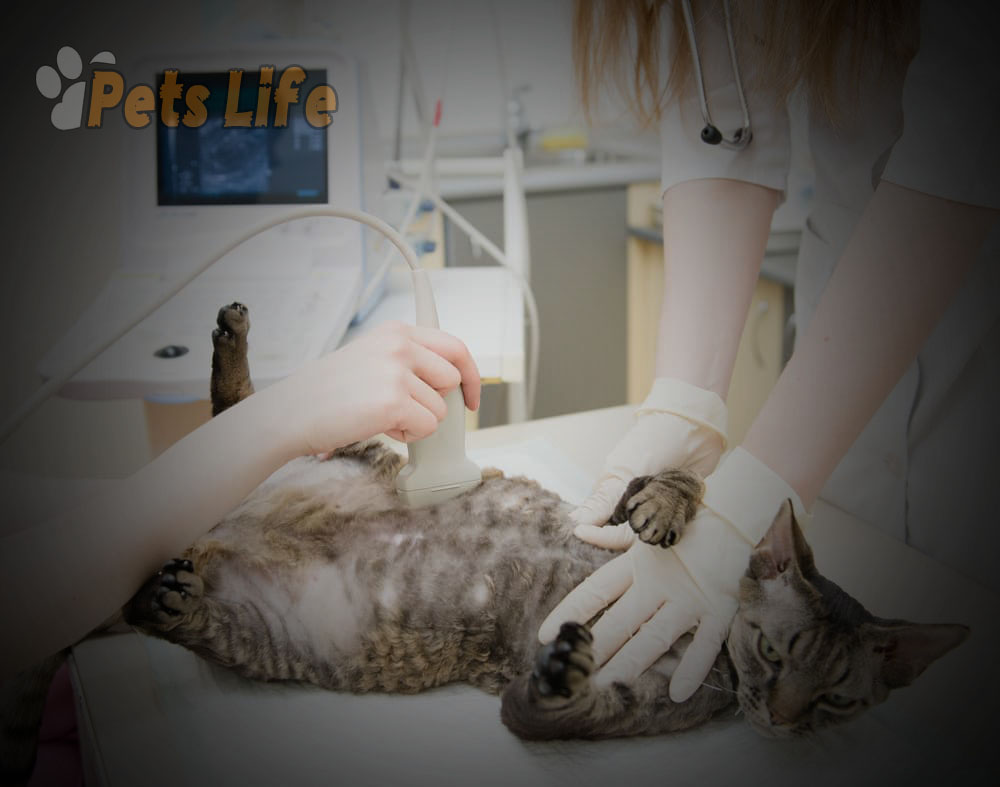

.jpg)
.jpg)
0 Comments